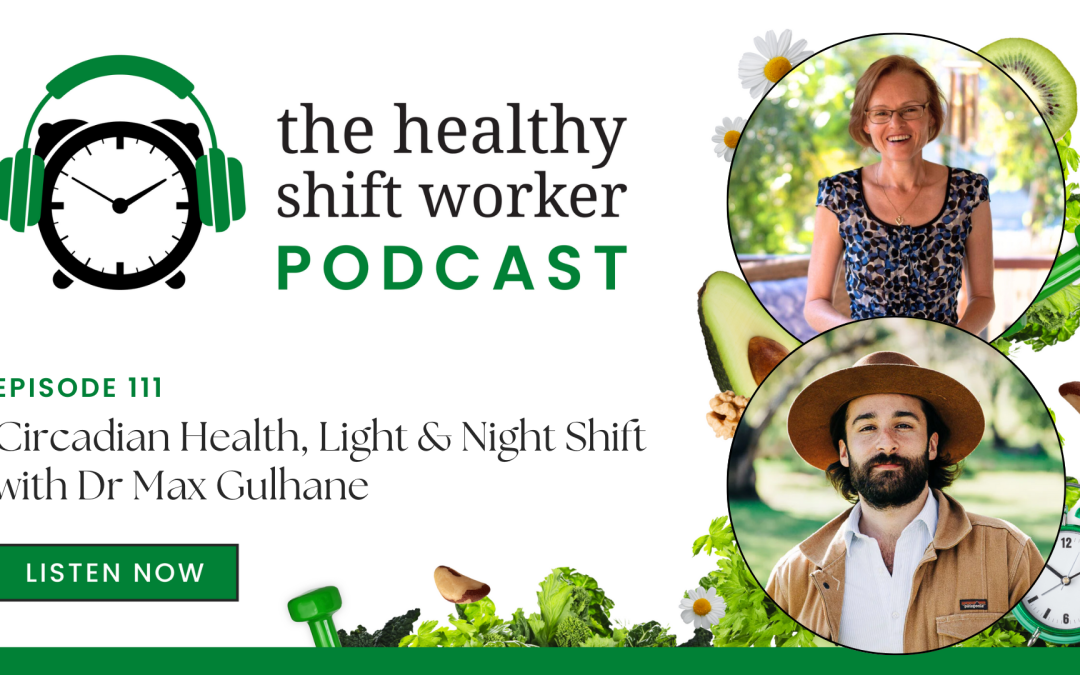
by Audra Starkey | Mar 13, 2024 | Podcast
A great conversation with medical doctor, GP Registrar and decentralized health educator Dr Max Gulhane around the topic of preventative health care and why we need to be adding additional strategies to the sleep-nutrition-exercise equation when it comes to optimising...

by Audra Starkey | Feb 16, 2023 | De-stress, Energy, Mindset, Sleep
There are a myriad of reasons that can contribute to fatigue. Some of which include low iron and an under-active thyroid. However, before spending a fortune 💰 on exhaustive testing, have you considered the real reason for your fatigue? As in – could it be...

by Audra Starkey | Feb 2, 2022 | Sleep
There is a myriad of drugs that can affect our sleep, some of which include beta-blockers (prescribed for high blood pressure), selective serotonin reuptake inhibitors or SSRI’s (a type of antidepressant) and, ironically, even some which are designed to enhance sleep...

by Audra Starkey | Oct 21, 2021 | Mindset, Nutrition
Soooooo I’m going to be addressing a bit of an Elephant in the Room here, but have you measured your waistline lately? Now before you scramble for the DELETE or unsubscribe button, the reason why I’m raising awareness around this topic is that my entire Healthy Shift...

by Audra Starkey | Oct 7, 2020 | De-stress, Immunity, Nutrition
Last week I chatted briefly about a condition called metabolic syndrome (MetS), and how it’s inflammatory effects can alter the normal functioning of lymphatic tissues involved in the immune response. Now there are 5 risk factors that fall under the banner of...





